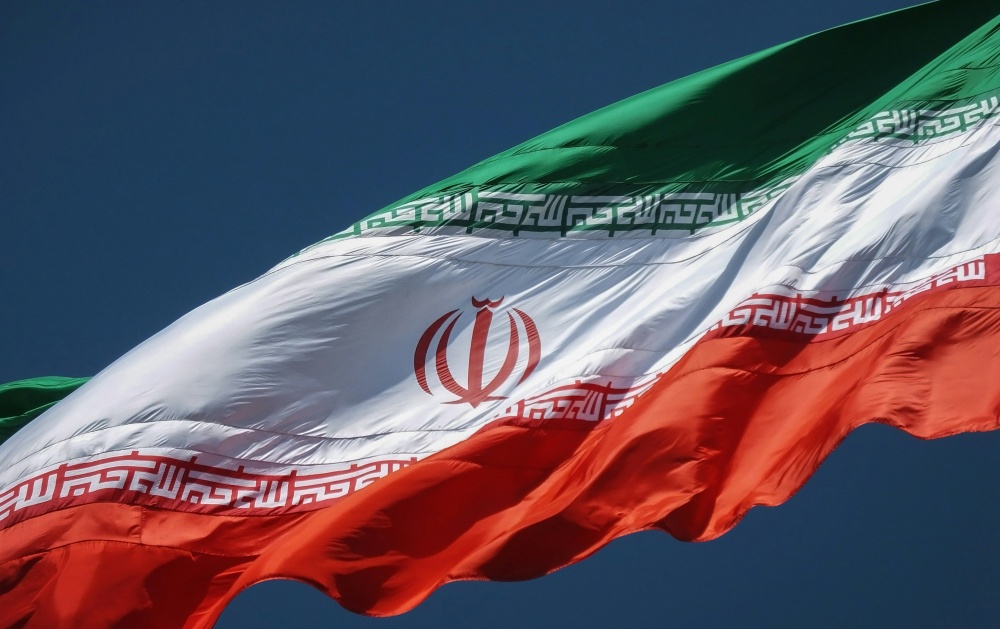OU News
News from The Open University
- Home
- The Israel/Iran 12-day war – what comes next
The Israel/Iran 12-day war – what comes next
Posted on • Arts and social sciences, Society and politics

In the aftermath of the ‘12-day war’ between Israel and Iran, Open University academic Dr Edward Wastnidge, a Senior Lecturer in Politics and International Studies, lays out the underlying recent historical causes and talks about what comes next.
While the war might have been brought to a halt via the ceasefire, both sides will be counting the human cost: hundreds dead in Iran as Israel struck its nuclear and military sites, while military leaders and nuclear scientists were assassinated.
There were retaliatory deaths in Israel, too, while injuries on both sides amounted to thousands and diplomacy only emerged after the US entered the scene and bombed Iran’s nuclear facilities.
But Edward, whose research focuses on Iran and its relationships with the Middle East and beyond, points to US premier Donald Trump’s exit of the Joint Comprehensive Plan of Action (JCPOA) in 2018, as being a root cause of the tension three years after it was agreed.
The JCPOA was designed to ensure that Iran’s nuclear programme would be exclusively peaceful. Under the deal, Iran “significantly reduced its nuclear programme and accepted strict monitoring and verification safeguards to ensure its programme is solely for peaceful purposes,” according to the Center for Arms Control and Non-Proliferation.
Relief from nuclear-related sanctions
In exchange, Iran received relief from nuclear-related sanctions but only after the International Atomic Energy Agency verified Tehran had completed certain requirements under the deal.
Added to that, millions of dollars in frozen Iranian assets were released.
“It was one of the most rigorous nuclear inspection regimes that we’ve ever seen, and Trump pulls out of it in his first term,” said Edward.
At the time Trump called it a “horrible, one-sided deal that should never, ever have been made”.
Under pressure, Edward says the Iranian leadership appears to have taken the view that they “don’t want to weaponize but want to show that they’ve got the capability” to threaten.
As a result of the actions of Israel and the US, Edward says that in seeking to destroy Iran’s nuclear proliferation, it could have the opposite effect:
“Iran could now very easily withdraw from the Non Proliferation Treaty. It has previously said it will reduce co-operation with the International Atomic Energy Agency.”
He said: “Israel, of course, has a nuclear weapons programme as well. That’s not under any kind of international surveillance or supervision and I think that’s quite destabilising for the region.”
Iranians rallying around their flag
Yet Iranians have shown strength “rallying around their flag” because of the bombs and assassinations they have had to endure.
“The psychological impact of that is hugely important. We shouldn’t underestimate that,” Edward says. “What we’ve seen as a result is a lot of resilience, that’s been a key theme that’s come out, and people coming together to help each other at a local level, within their communities, to grieve, to rebuild.”
But he says Iran’s nuclear programme hasn’t been set back far:
“Yes, it’s been damaged but, ultimately, they’ve still got hundreds of kilogrammes of highly enriched uranium.”
And he says the talk in Iran is that a lot of this uranium was shipped out of the nuclear bunkers before the US strikes hit, although he says intelligence reports say there was very little evidence that Iran was on the verge of making nuclear weapons.
Revenge
He speculated that Israel’s attack on Iran could be revenge for Iran hacking into Israel’s nuclear programme, which it shared, making it the “world’s worst-kept secret”.
In terms of the future for the conflict between Iran and Israel, Edward says this:
“Israel wouldn’t survive without the hundreds of billions of dollars in military and economic support it receives from the US. So, it’s going to cost America way too much to get bogged down in a prolonged conflict.
“Trump, who is always transactional, always bases his decisions on what is best in terms of the financial economic interests of the US.”
He points to the recent deals Trump has signed with Saudi Arabia, Qatar and the UAE in terms of investing in the US.
“They don’t want to see any kind of regional war that’s going to harm their economies. All these states are trying to move towards a post-oil future.”
Regime change unlikely
“I think the government of Iran will see their kind of continued defiance as a victory against the US and Israel,” said Edward.
“In a time of conflict, it’s a good moment to perhaps try and rewrite the social contract between the government and the people in Iran rather than clamp down further. Perhaps this is the moment where they need to do so.”
But he admits that this crisis has renewed speculation about who will be the next Supreme Leader of Iran. Succession planning in the event of the death of the 86-year-old, Ali Khamenei, is up to a constitutional council of 88 clerics known as the Assembly of Experts.
Edward added:
“They are elected for an eight-year term and it’s likely that the one in place currently will decide, giving it a veneer of democratic participation but, ultimately, they will be closed-door discussions.”
Main picture: Sina Drakhshani for Unsplash